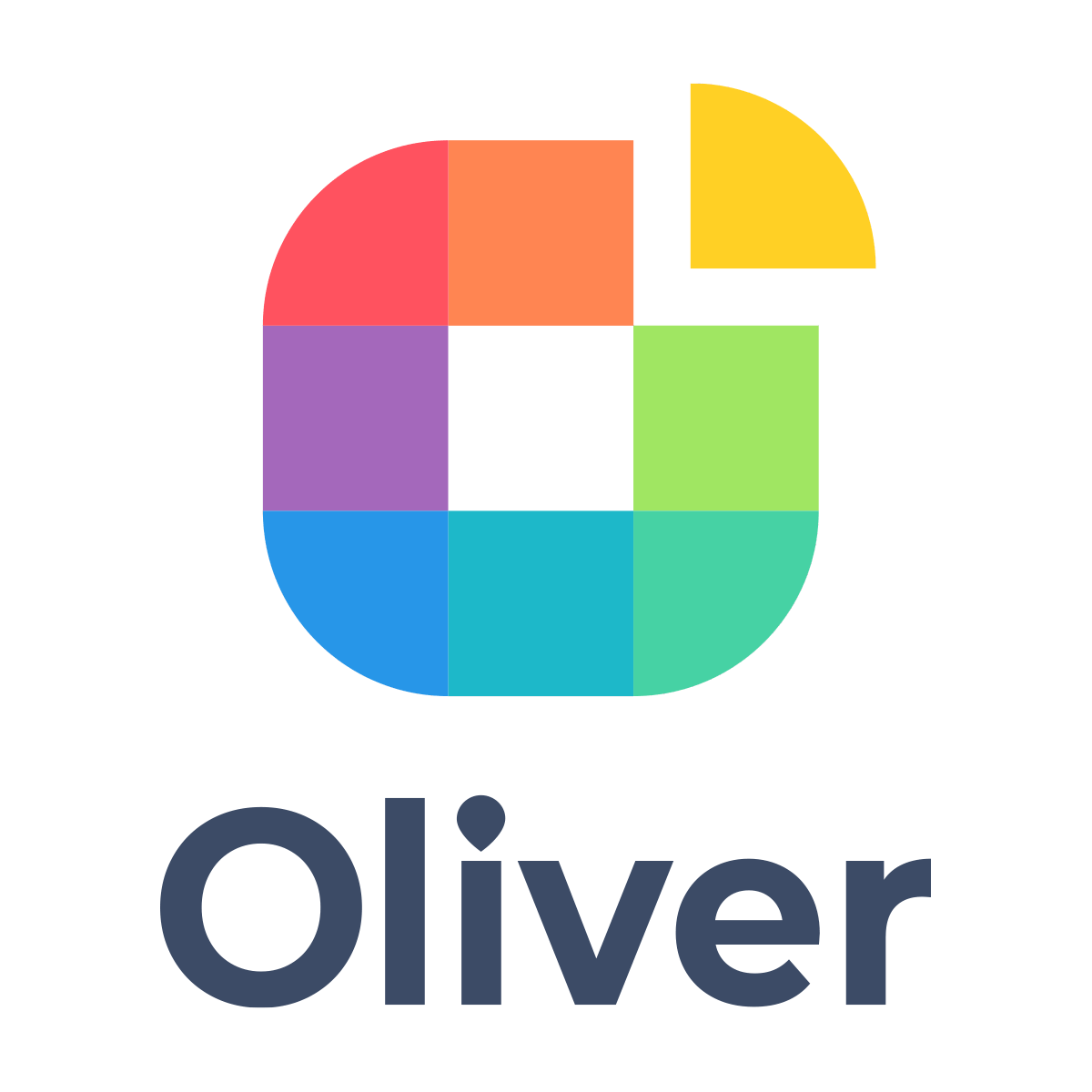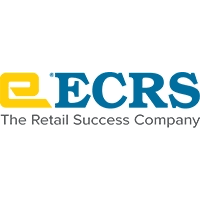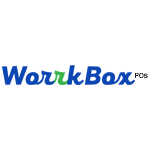Description

Cartface

Hades POS
Comprehensive Overview: Cartface vs Hades POS
Cartface and Hades POS are tools that facilitate business operations, particularly in retail and hospitality sectors. Below is an overview of their primary functions, target markets, market share, user base, and key differentiating factors:
Cartface:
a) Primary Functions and Target Markets:
-
Primary Functions: Cartface is an e-commerce platform designed to help businesses manage online stores efficiently. Its features typically include product catalog management, inventory tracking, order processing, customer relationship management (CRM), and marketing tools. Some platforms also offer analytics and reporting to help businesses make data-driven decisions.
-
Target Markets: Cartface primarily targets small to medium-sized businesses (SMBs) looking to establish or enhance their online presence. It is particularly attractive to businesses that want an all-in-one solution for e-commerce needs, including retail, boutique stores, and service-based businesses that sell online.
b) Market Share and User Base:
- Market share and user base specifics for Cartface are not universally documented as in-depth as some larger platforms like Shopify or WooCommerce. However, it appeals significantly to niche markets and regional businesses looking for tailored solutions compared to more generalized platforms.
Hades POS:
a) Primary Functions and Target Markets:
-
Primary Functions: Hades POS is a point-of-sale system that's commonly used in retail environments to process transactions, manage sales data, handle customer interactions, track inventory, and produce sales reports. Many systems also offer features for employee management, loyalty programs, and integrations with other business systems.
-
Target Markets: Hades POS focuses on the retail and hospitality industries, serving stores, restaurants, cafes, and other businesses that require robust in-person transaction processing capabilities.
b) Market Share and User Base:
- Similar to Cartface, specific figures for Hades POS’s market share and user base may not be as widely reported or available as for major players like Square or Clover. Hades POS generally caters to small to mid-sized businesses in its target industries, offering specialized services to cater to specific operational needs.
c) Key Differentiating Factors Between Cartface and Hades POS:
-
Nature of Service: The primary distinction is in their function: Cartface is centered around facilitating online sales and e-commerce, whereas Hades POS is focused on in-person retail transactions. They serve complementary functions in some cases but fundamentally cater to different aspects of a retail operation.
-
Deployment: Cartface typically operates in the online domain, with services accessible through web platforms, while Hades POS would have both hardware and software components facilitating physical sales transactions.
-
Specialization: Cartface’s specialization lies in curating an efficient online shopping experience, with features designed for managing an online storefront. Conversely, Hades POS specializes in enhancing the in-store customer service experience with tools for speed and efficiency in physical retail.
-
Integrations: Both may offer integrations, but Cartface might focus more on third-party e-commerce app integrations (such as payment gateways or marketing tools), while Hades POS might offer integrations for accounting software and in-store hardware like barcode scanners and receipt printers.
The choice between Cartface and Hades POS largely depends on whether a business needs an e-commerce management solution or a physical transaction processing system—or in some cases, a combination of both for a comprehensive omnichannel business approach.
Contact Info

Year founded :
2015
Not Available
Not Available
India
http://www.linkedin.com/company/cartface-technologies-pvt.-ltd.

Year founded :
Not Available
Not Available
Not Available
Not Available
Not Available
Feature Similarity Breakdown: Cartface, Hades POS
When comparing Cartface and Hades POS, it's important to analyze the features, user interfaces, and any unique attributes that differentiate them. Without access to proprietary or exact feature lists, I'll provide a generalized comparison based on typical POS systems.
a) Core Features in Common:
Both Cartface and Hades POS are likely to share several core features typical of point-of-sale systems, including:
- Sales Processing: Both systems should handle transaction processing, including cash, credit/debit cards, and digital payment methods.
- Inventory Management: A standard feature that tracks stock levels in real time, sends alerts for low stock, and helps with reordering items.
- Customer Management: Systems should store customer information, track purchase history, and potentially manage loyalty programs.
- Reporting and Analytics: Both will usually offer reports on sales, inventory, and employee performance to aid in business decision-making.
- Multi-location Support: Useful for businesses with more than one location, these systems are likely to offer centralized management.
- Integration Capabilities: Both might integrate with other business tools like accounting software, e-commerce platforms, and CRM systems.
b) User Interface Comparison:
-
Cartface:
- Likely to feature a user-friendly, intuitive interface designed for quick learning and easy navigation.
- A focus on clean design principles and visualization to make sales data and inventory information easily digestible.
- Mobile-friendly interfaces for on-the-go access.
-
Hades POS:
- Typically focuses on robustness and customization, often allowing for modification based on business needs.
- May present a more detailed and complex interface to accommodate diverse business operations.
- If focused on specific verticals, the UI might include specialized features, such as restaurant table mapping or retail floor plans.
c) Unique Features:
-
Cartface:
- Might offer advanced e-commerce integration if they emphasize online sales synchronization alongside physical sales.
- Could include innovative customer engagement tools, such as AI-driven recommendations or personalized marketing features.
-
Hades POS:
- May have unique vertical-specific features catering to niche markets (e.g., specialized tools for hospitality, F&B, or retail sectors).
- Possibly more focused on advanced security features or compliance with industry standards, especially if catering to larger or highly regulated businesses.
Both systems will have their unique selling propositions, possibly focusing on different aspects of usability, flexibility, or technological innovation. For a detailed analysis, it would be best to look at specific product documentation or reviews to capture the nuances that differentiate them.
Features

User-Friendly Interface
Customer Engagement
Product Management
Customer Support
Comprehensive Analytics
Customization Options
Secure Payment Processing

Comprehensive Reporting
Customer Management
User-Friendly Interface
Efficient Inventory Management
Streamlined Sales Process
Best Fit Use Cases: Cartface, Hades POS
To determine the best fit use cases for Cartface and Hades POS, let's look at each option individually and understand their strengths, functionalities, and ideal applications.
Cartface
a) For what types of businesses or projects is Cartface the best choice?
-
E-commerce Platforms: Cartface is typically designed for online retailers who need robust shopping cart management, inventory support, and integration with various payment gateways.
-
Subscription-based Models: Businesses offering subscription services, like software-as-a-service (SaaS) or product delivery services, can benefit from Cartface's billing and recurring payment features.
-
Niche Marketplaces: Those creating niche online marketplaces where vendors can list products might find Cartface's multi-vendor support advantageous.
-
Customizable Retail Solutions: If a business requires a highly customizable platform with a specific brand look and functionality, Cartface often provides the necessary flexibility.
c) How does Cartface cater to different industry verticals or company sizes?
-
Small to Medium Enterprises (SMEs): Cartface provides scalable solutions that grow as businesses expand, offering essential e-commerce features without overwhelming smaller companies with unnecessary complexities.
-
Retailers and Direct-to-Consumer Brands: With features supporting inventory management, customer relationship management (CRM), and marketing tools, Cartface targets these businesses directly.
-
Industry-Specific Customization: It allows customization for various fields, such as fashion, electronics, and food delivery, catering to specific industry needs and consumer behaviors.
Hades POS
b) In what scenarios would Hades POS be the preferred option?
-
Brick-and-Mortar Retail Stores: Hades POS is designed for physical store operations, offering tools for cash flow management, sales tracking, and employee management.
-
Restaurants and Cafes: Features like table management, menu organization, and split billing make Hades POS suited for food and beverage outlets.
-
Service-Based Businesses: Spas, salons, or repair services can benefit from Hades POS's appointment scheduling and customer records functionalities.
-
Franchises and Multi-location Operations: Its ability to manage multiple outlets under a unified system makes it ideal for larger organizations with several locations.
d) How does Hades POS cater to different industry verticals or company sizes?
-
Small Businesses and Startups: With an easy-to-use interface and basic functionalities, Hades POS is accessible for new businesses requiring a straightforward system.
-
Large Enterprises: It supports complex operations with features for inventory management across multiple sites, extensive reporting, and analytics.
-
Hospitality and Retail: Specifically tailored features for these sectors, such as loyalty programs, quick service workflows, and integration with kitchen display systems, enhance operational efficiency.
By focusing on these functionalities and business needs, Cartface typically supports digital-first or e-commerce-driven businesses, while Hades POS is more suitable for those needing comprehensive in-person and service-oriented solutions. Both systems offer scalability and customization, catering to various industry verticals and company sizes, allowing for both small setups and larger organizational needs.
Pricing

Pricing Not Available

Pricing Not Available
Metrics History
Metrics History
Comparing teamSize across companies
Conclusion & Final Verdict: Cartface vs Hades POS
When evaluating Cartface and Hades POS, it’s important to weigh their features, pricing, usability, and the specific needs of your business. Here's a comprehensive conclusion and final verdict based on these factors:
Conclusion and Final Verdict:
a) Best Overall Value:
Determining the best overall value between Cartface and Hades POS largely depends on the specific requirements of the user and the industry they operate in. However, if we consider versatility and comprehensive offerings, Cartface might provide better overall value for small to medium-sized businesses seeking a flexible yet robust solution with a comprehensive suite of tools tailored for e-commerce. On the other hand, if the business prioritizes highly specialized retail functionality and in-depth point-of-sale features, Hades POS could be more beneficial.
b) Pros and Cons:
Cartface:
-
Pros:
- User-friendly Interface: Offers an intuitive interface that is easy for new users to navigate.
- E-commerce Integration: Well-suited for online retailers with solid integration capabilities.
- Scalability: Supports growth from small to medium-sized operations with scalable solutions.
- Customer Support: Highly rated for responsive customer service.
-
Cons:
- Customization Limitations: May have limited options for customization compared to more specialized systems.
- Higher Cost for Premium Features: Some advanced features may require additional cost.
Hades POS:
-
Pros:
- Retail-Specific Features: Offers specialized tools tailored for retail businesses, such as inventory and employee management.
- Robust Reporting: High-quality reporting and analytics to aid in business decision-making.
- Hardware Integration: Seamless integration with POS hardware devices.
-
Cons:
- Complex Setup: May require a more complex initial setup and training for effective use.
- Less E-commerce Focus: Primarily focused on physical retail environments, which might not be ideal for online-focused businesses.
c) Recommendations:
- Assess Business Needs: Users should evaluate their specific business requirements. If your operations are primarily online or if you foresee scaling across various channels, Cartface might be more suitable. For brick-and-mortar businesses with a substantial focus on comprehensive POS functions, Hades POS is recommended.
- Budget Consideration: Consider your budget constraints. Cartface may offer more cost-effective plans for e-commerce shops, whereas Hades POS could represent better value for money in physical retail.
- Integration and Scalability: Check the integration capability with existing systems and future scalability offered by both platforms.
- Trial Periods and Demos: Take advantage of any free trials or demos provided by both platforms to get hands-on experience before deciding.
Ultimately, the choice between Cartface and Hades POS should align with your business model, operational needs, and planned growth trajectory to ensure that you receive the maximum benefit from the selected POS system.
Add to compare
Add similar companies




